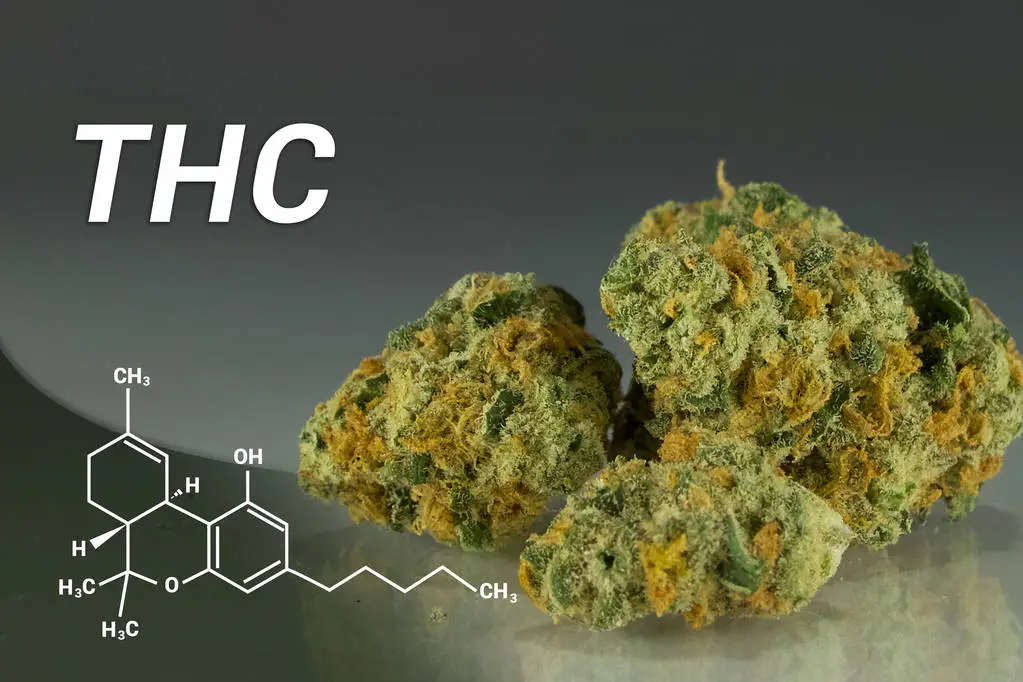A new study has found that capillary blood collected using a microneedle device could be a practical alternative to traditional venous blood draws when testing for THC and its metabolites following cannabis use.

Conducted by researchers at Emory University, the University of Colorado, and Colorado State University, the study involved participants consuming their own high-potency marijuana from a licensed Colorado dispensary through smoking or vaping over a 15-minute period. Blood samples were then collected at multiple time points using both standard venipuncture and the TAP II microneedle device, which draws capillary blood from the upper arm.
Published in the Journal of Analytical Toxicology, the study found that capillary blood samples showed THC concentrations up to 30% to 40% lower than venous blood samples in the first two hours following consumption. However, concentrations of THC metabolites—11-hydroxy-THC and 11-carboxy-THC—were similar between the two sample types after the first time point. By 140 minutes post-consumption, THC levels in capillary and venous blood were nearly equivalent.
Researchers concluded that microneedle-based capillary sampling may offer a logistically easier method for qualitative THC detection at roadside stops or workplace incidents and could be used for quantitative results if the sample is collected at least two hours after marijuana use.






